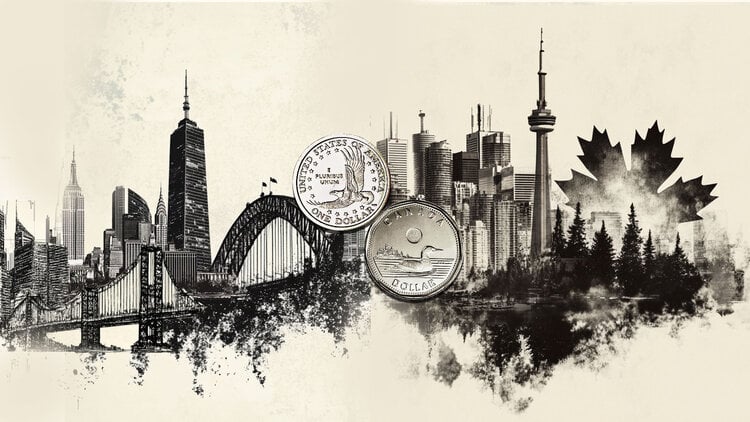Investors looking for some safety during the worst inflation in more than 40 years are out of luck.
As markets sink amid fears that the economy is heading for a recession (or possibly already in recession), individual investors are looking for a haven to protect their assets.
Several types of hedges, known in Portuguese as a hedge or cap, have worked well against inflation in the past: gold, real estate investment funds (REITs), oil and inflation-linked treasury bonds (TIPS). More recently, cryptocurrencies were also seen as a possible hedge.
This time, however, investors are faced with a complication. Since June 1, all the best-known inflation hedges have lost money. Crude oil, gold, silver benchmarks, indices that track REITs and TIPS, as well as bitcoins are all down.
In other words, traditional inflation hedges are not covering inflation.
The reason is a set of factors: inflation is on a global scale, the pandemic, and the geopolitical chaos caused by Russia’s invasion of Ukraine have knocked down gambles that normally paid off.
broken markets
When inflation hits, investors tend to put their money into assets that are getting more expensive. This is usually a winning strategy.
A 2021 study by researchers at hedge fund Man Group Plc and Duke University analyzed a century of data from the US, UK and Japan, and found that stocks and bonds plummet during inflationary periods.
The return on US stocks has been -7% in eight periods of high inflation since World War II. Commodities — often a cause of inflation — tend to do better. Gold, oil and other hard assets ended inflationary periods in the black, according to analysts.
Inflation, by definition, is a decline in the purchasing power of the dollar and other currencies. But there is a difference today: the strength of the US dollar is growing on a global scale, despite buying less domestically.
Job growth and other economic data remain relatively strong, leading investors to believe that the Fed will continue to raise interest rates at a very aggressive pace. This values the dollar, which in turn hurts the value of gold.
REITs and cryptocurrencies, however, are also not safe from the geopolitical turmoil and rising interest rates, which have been scaring investors. Recently, oil has slumped after record highs as the Biden administration works to tap emergency reserves and increase supply.
TIPS were created to hedge against inflation by adjusting returns based on changes in the Consumer Price Index, meaning investors get paid more as inflation rises.
But now inflation is at its highest rate since the 1980s, and TIPS returns are falling. This is because prices react more to what is expected to happen with inflation in the coming years.
Inflation reflects expected future prices, and rate hikes by the Fed have influenced these expectations.
“Trying to hedge against inflation is very difficult,” said Tom Graff, chief investment officer at Facet Wealth. “Markets will always price based on what they think will happen over a long period of time, and they are not fools: inflation is rising at the moment, but it probably won’t stay that way forever.”
As long as the Fed is credible and says this will work to lower prices, inflation will not be fully priced into the hedge, he said.
Too late to protect yourself
However, the most reliable type of hedge against inflation is equities. As long as you have patience. Historically, stocks have outperformed inflation, but over a long period.
“Over the long term, equities tend to outperform inflation by a wide margin. But it’s more like a marathoner beating a sprinter in the long run,” said Shawn Cruz, chief trading strategist at TD Ameritrade. In the meantime, many investors are looking to readjust their portfolios.
“For me, the world has already understood: the Fed is going to end inflation, one way or another,” he said. “The era of inflation trading is over”. According to Graff of Facet Wealth, rather than trying to hedge against rising prices, individual investors would do much better if they ran the marathon and beat current market volatility.
The bad news is that investors will struggle to make money in this inflationary environment — even if they are protected. On the other hand, the good news is that financial markets don’t seem to believe that inflation is ingrained in the US economy.
Source: CNN Brasil
I am Sophia william, author of World Stock Market. I have a degree in journalism from the University of Missouri and I have worked as a reporter for several news websites. I have a passion for writing and informing people about the latest news and events happening in the world. I strive to be accurate and unbiased in my reporting, and I hope to provide readers with valuable information that they can use to make informed decisions.







